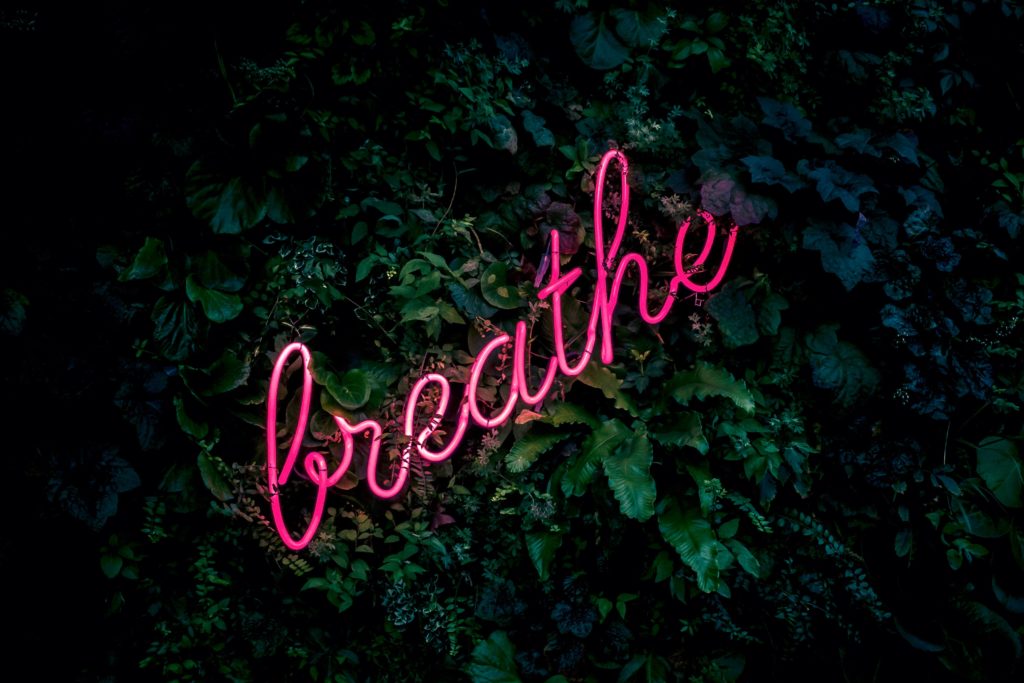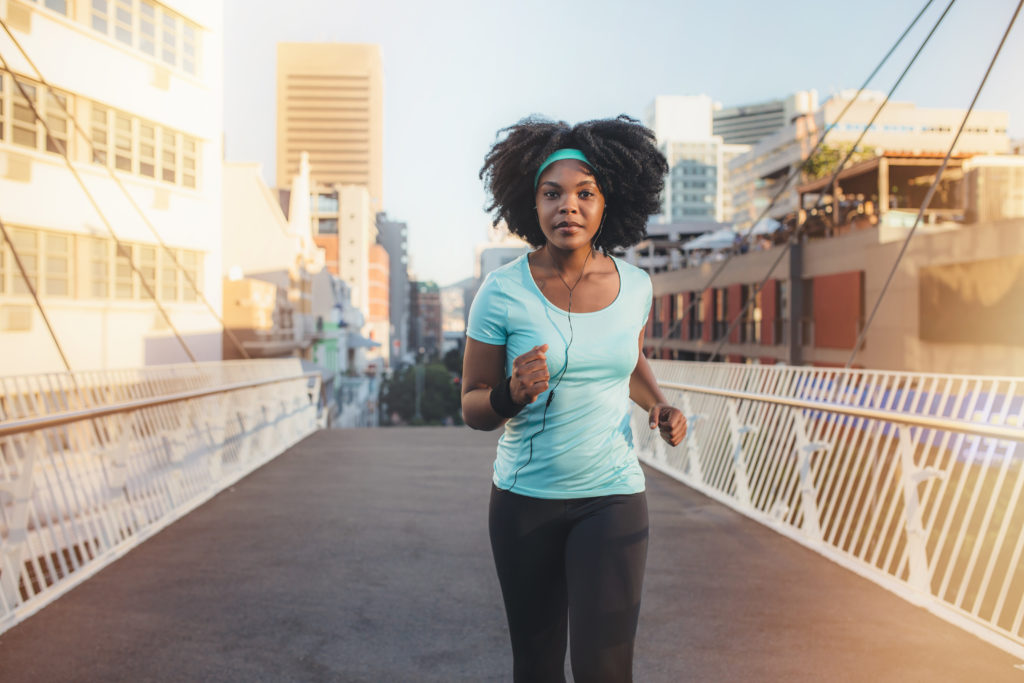What You Need to Know About the Physical Effects of Anxiety

Brigitte
It’s More Common Than You Think
Anxiety affects your body as well as your mind. In addition to worrying and feeling nervous, you may experience changes in your immune function, circulatory system, and other areas. Anxiety may also be caused by physical conditions and may increase your risk for certain disorders.
It’s an important issue, because anxiety is the most common mental illness in the United States, affecting an estimated 40 million adults each year. It can take many different forms, including generalized anxiety disorder, social anxiety, or phobias.
Whatever the cause, anxiety usually responds well to medical treatment and lifestyle modifications. If you or someone you know is being treated for anxiety, consider these physical changes that you may want to address.
Please note I am not a licensed professional please see my disclaimer

“Our anxiety does not empty tomorrow of its sorrows, but only empties today of its strengths.”
C. H. Spurgeon Tweet
Want More Self Care Tips?
Managing the Physical Symptoms of Anxiety
When you’re stressed, your body releases hormones, such as adrenaline and cortisol, that prepare you for fight or flight. Since such physical responses are rarely required in modern life, those chemicals now wind up interfering with natural body functions.
Fight or Flight?
You know that feeling you get when you’re in traffic and someone cuts you off and suddenly you’re rolling down the window and cursing at the other driver? That’s the fight part of the equation. Or when you have to give a presentation for work or class and you really just want to run and hide because the idea of speaking in front of a crowd gives a you cold sweat that’s your flight response in action.
1. Breathe deeply. When you’re tense, your breathing tends to become rapid and shallow. Remind yourself to slow down and breathe from your abdomen instead of your chest. You’ll feel calmer and increase the supply of oxygen and nutrients to your brain and other organs.
2. Avoid infections. Anxiety may hamper your immune system. Take extra precautions against catching colds and other bugs. Wash your hands and keep them away from your face.

3.Dress in layers. Blood vessels sometimes constrict as the result of chronic stress, making it more difficult to regulate your body temperature. Keep a sweater or wrap handy if you’re prone to sweats and chills.
4. Eat well. Anxiety has a major impact on your digestion. You may overeat or lose your appetite. You may experience irritable bowel syndrome or stomach churning. Plan out your meals and snacks to give your body the nutrients and calories it needs.
5. Limit caffeine. Does coffee give you the jitters? Try cutting back on caffeine to see if you feel more at ease. You may want to avoid coffee completely or limit yourself to one cup a day. I don’t know about you but, as much as I love the smell of coffee, it hasn’t helped my anxiety, but makes it worse.
I remember having a small cold iced coffee and I was snapping at my daughter more than usual for things that normally don’t bother me.
But, when I thought over what I may have done or consumed differently then I realized that the coffee beverage made me irritable and just an unpleasant person the whole day.

6.Exercise regularly. Physical activity is one of the most effective and constructive methods for dealing with stress. Find a variety of activities that you enjoy. Invite a friend or family member to work out with you so you’ll have more fun and increase your chances of being consistent.
7. Rest and relax. Anxiety often interferes with sleep, so remove any obstacle you can. Go to bed at the same time each night and keep your bedroom dark and quiet. Relax during the day with meditation, instrumental music, or a warm bath.
Identifying the Physical Causes of Anxiety
Anxiety disorders usually develop in childhood or early adulthood. You may want to see your doctor if you begin to have excessive anxiety later in life, so you can rule out physical causes.
Here are some of the issues to look for:
1. Overactive or underactive thyroid. Overactive and underactive thyroids are among the most common physical causes of anxiety. Your doctor can perform simple tests to help you receive appropriate treatment.
2. Issues in the brain. Brain tumors are rare, but they can cause psychological changes. An early diagnosis increases your chances of recovery.
3. Chronic conditions. Struggling with a chronic condition can make you more vulnerable to anxiety. Let your physician and loved ones know if you need extra help.
Conclusion
Understanding the physical effects of anxiety can help you heal your mind and body. Talk with your doctor about your individual concerns and learn to manage stress so you can enjoy greater physical comfort and peace of mind.